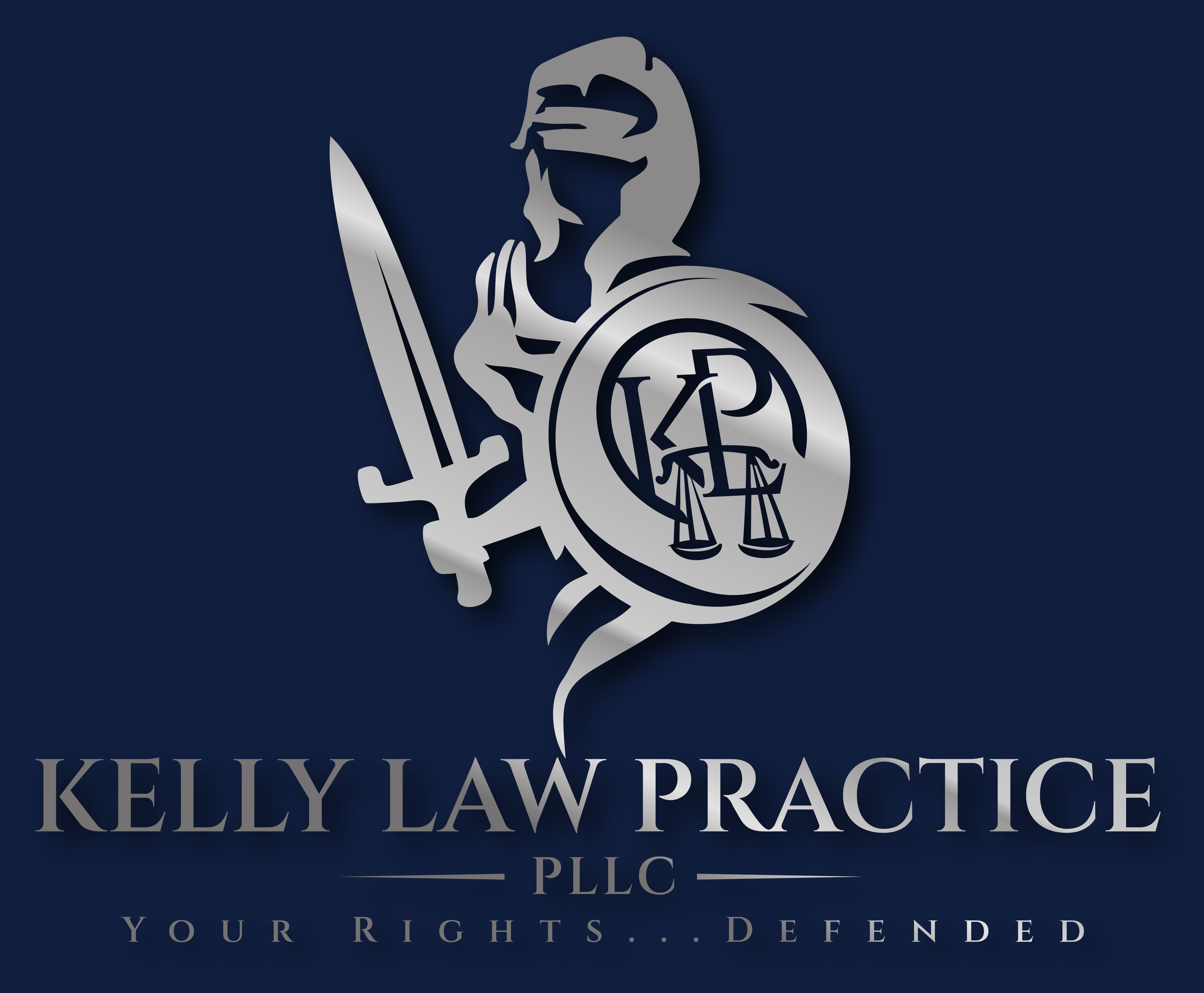Wills & Trusts
Let Kelly Law Practice, PLLC assist you with the preparation/formation of the following:
|| Wills
A will is a legally prepared document that expresses a deceased person’s intentions for the distribution of the decedent’s assets and specifies the decedent’s wishes for the appointing of guardians to care for minor children. The will and the decedent’s intentions/wishes would become active upon the decedent’s death. For a will to be valid in New York, it must comply with certain formalities of execution, including being signed by the testator in front of two witnesses, and having the witnesses sign attesting to the fact they saw the testator sign it.
In addition to will preparation, Kelly Law Practice, PLLC can assist you with planning for issues that may arise before death, including drafting of:
|| Statutory Durable Power of Attorney
|| Medical Power of Attorney
|| Declaration of Guardian in the Event of Later Need or Incapacity
|| Living Wills
|| Self-Proving Affidavits
While a will is usually the first thing that comes to mind when people contemplate estate planning, it is far from the sole option. A trust can accomplish the same goals of a will and in some circumstances may be a superior option, making them an essential component of estate planning. A trust, which is active upon creation, begins with a grantor, the person bringing the trust into existence. Typically, the terms of the trust will appoint a trustee, either an individual or in some cases an entity who will manage the trust and distribute the trust assets to beneficiaries pursuant to the terms of the trust.
There are two types of trusts:
1. Revocable or Living Trusts – as the name suggests this is a type of trust the terms of which allows the grantor to revoke it at any time, transferring the assets previously granted to the trust, back to the grantor. Once a Revocable Trust is brought into existence it can be used to hold title to various assets including real estate or bank accounts for the grantor’s benefit during the grantor’s lifetime. Upon the grantor’s death the Revocable Trust may be used to dispose of or distribute the grantor’s assets.
2. Irrevocable Trust – Unlike a Revocable Trust an Irrevocable Trust as the name suggests cannot be revoked by a grantor. Once brought into existence and assets are granted to the trust, those assets belong to the trust and can never revert to the grantor. However, while the trust cannot be revoked under certain qualifying circumstances it may modified or reformed.
Multiple different types of Irrevocable Trusts may be utilized depending on the grantor’s unique facts, goals, and circumstances.
